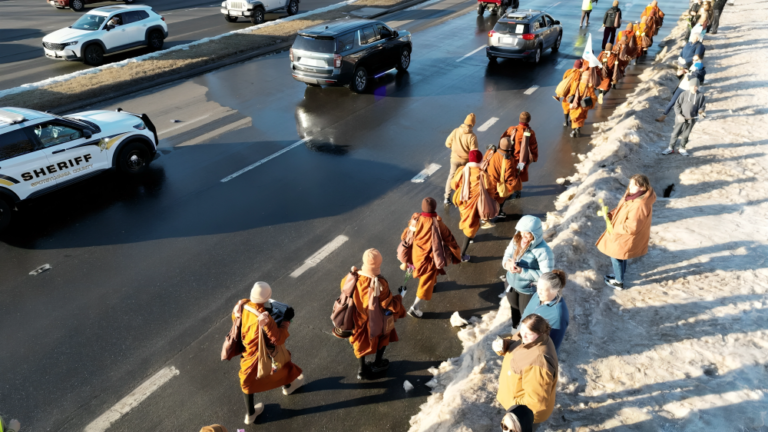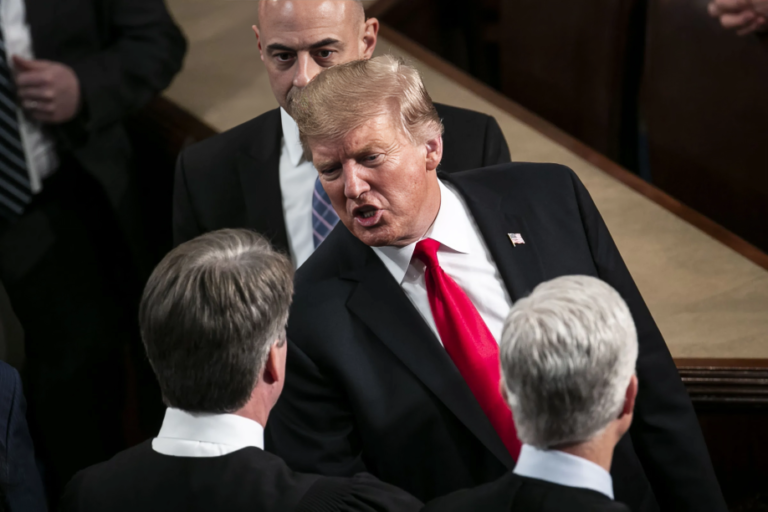Congress leader Jairam Ramesh sharply criticized Prime Minister Narendra Modi on Saturday, demanding clarity on ongoing claims made by former U.S. President Donald Trump regarding the role of trade in India-Pakistan relations. Ramesh highlighted that Trump, a close ally of Modi, has made similar assertions eleven times in just 21 days about how trade served as a crucial factor in maintaining ceasefire between the two nuclear-armed neighbors.
“In the past three weeks, Trump has repeatedly claimed that trade was instrumental in preventing conflict between India and Pakistan,” Ramesh posted on X (formerly Twitter). “When will the Prime Minister speak up on this matter?”
This controversy arose after Trump recently stated that the U.S. and Pakistan are set to discuss trade next week, emphasizing that he “wouldn’t have any interest in making a deal with either if they were going to be at war with each other.” Trump elaborated that he considers his most significant achievement to be the role of trade in averting a potential nuclear conflict between India and Pakistan, rather than military action.
“I think the deal I’m most proud of is the fact that we’re dealing with India, we’re dealing with Pakistan, and we were able to stop potentially a nuclear war through trade rather than bullets,” Trump said. “You know, normally they do it through bullets. We do it through trade. So I’m very proud of that. Nobody talks about it. But we had a very nasty potential war going on between Pakistan and India. And now, if you look, they’re doing fine.”
Ramesh’s call for transparency underscores the political sensitivity surrounding narratives of diplomacy and conflict resolution, especially when claims about peace initiatives are made by foreign leaders. The remarks continue to stir debate over the true nature of India-Pakistan relations and the role of external diplomacy.











+ There are no comments
Add yours